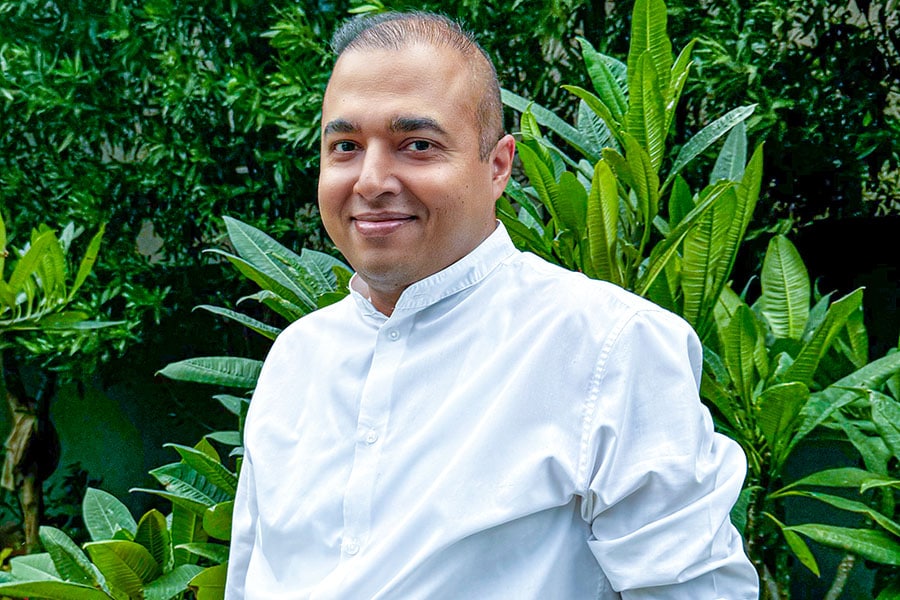
Flipkart-backed super.money irons out plans for secured lending
The startup has a slew of credit products lined up with some banks to cater to the young, aspirational Indian. It could mean the differentiation which it will need as it grows from a UPI-first, volume-driven fintech
 Prakash Sikaria, Founder and CEO, super.money
Prakash Sikaria, Founder and CEO, super.money
India’s ecommerce giant Flipkart’s credit-first UPI app super.money has plans to move aggressively into becoming a secured lender in coming months, rather than just a UPI (Unified Payments Interface)-first payments gateway app.
During the beta phase, the app witnessed close to one million downloads, driving over 10 million transactions, the fintech said in a press release issued on Wednesday. As per NPCI, credit transactions on UPI are reaching Rs 10,000 crore each month.
X















